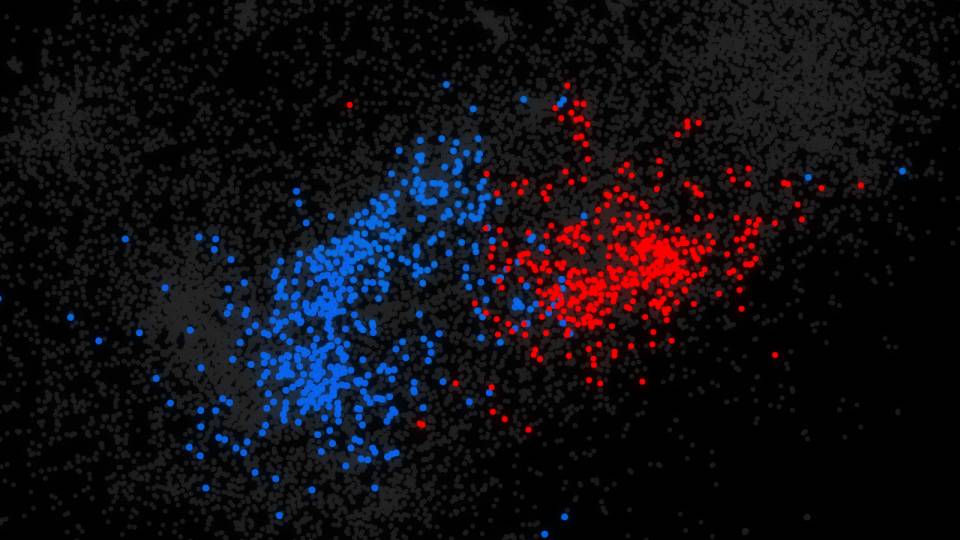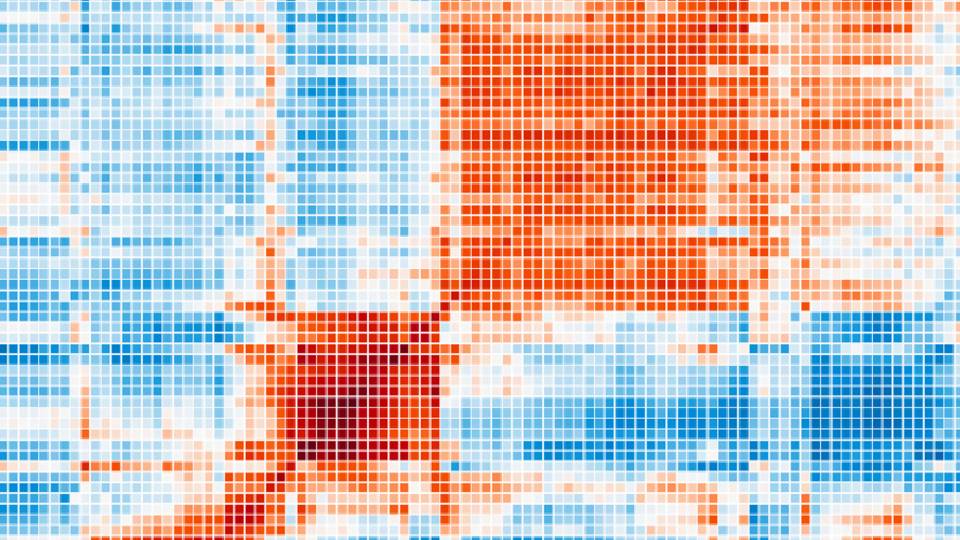most critical tool for sequencing the human genome was not so much a dramatic advance in biology as the power of high-speed computing, scientist and entrepreneur Craig Venter told a Princeton audience Tuesday.
Indeed, computing will be the key to most advances in the field, predicted Venter, the chief executive of Celera Genomics, the company that competed with publicly funded labs to produce the first map of all 3 billion chemical units in human DNA.
"The biggest challenge we had was dealing with all the data," said Venter. Great increases in computing power have dramatically shortened the length of time it takes to sequence and analyze genomes, and will help greatly in combing through the resulting data to select the most interesting parts, he said.
"From all the questions we could ask, it will allow us to pick the most important ones that you can actually go into a lab and test," he said.
Speaking to a large audience in Helm Auditorium, Venter recounted how he and many other scientists progressed from the time when analyzing a single gene took many years of painstaking work to the present, when scientists can sequence thousands of genes in minutes.
Even after the arrival of relatively high-speed techniques in the 1990s, it took four months to sequence the genome of the common bacteria Hemophilus influenzae - something that now could be done in about two hours, he said.
Even so, scientists had to scramble to be prepared for a June 26, 2000 White House press conference when Celera and the public consortium of researchers announced their results. "The White House staff kept calling late into the night to see if it was done - 'Is it soup yet?'" Venter recalled.
Venter's talk was arranged by Woodrow Wilson School of Public and International Affairs. Earlier in the day, Venter spoke to students in an undergraduate class called "Frontier Issues in Health Policy" offered by the Woodrow Wilson School.
Addressing biology students in the Tuesday evening audience, Venter advised them to recognize the importance of computing and spoke passionately about the future of the field.
"I can't imagine a more exciting time to be in biology," he said. "It is impossible to turn in any direction and not make new discoveries."
And given the flood of data from the human genome and other projects, he said, "There is almost no question in biology that should remain unanswered."
Contact: Marilyn Marks (609) 258-3601


